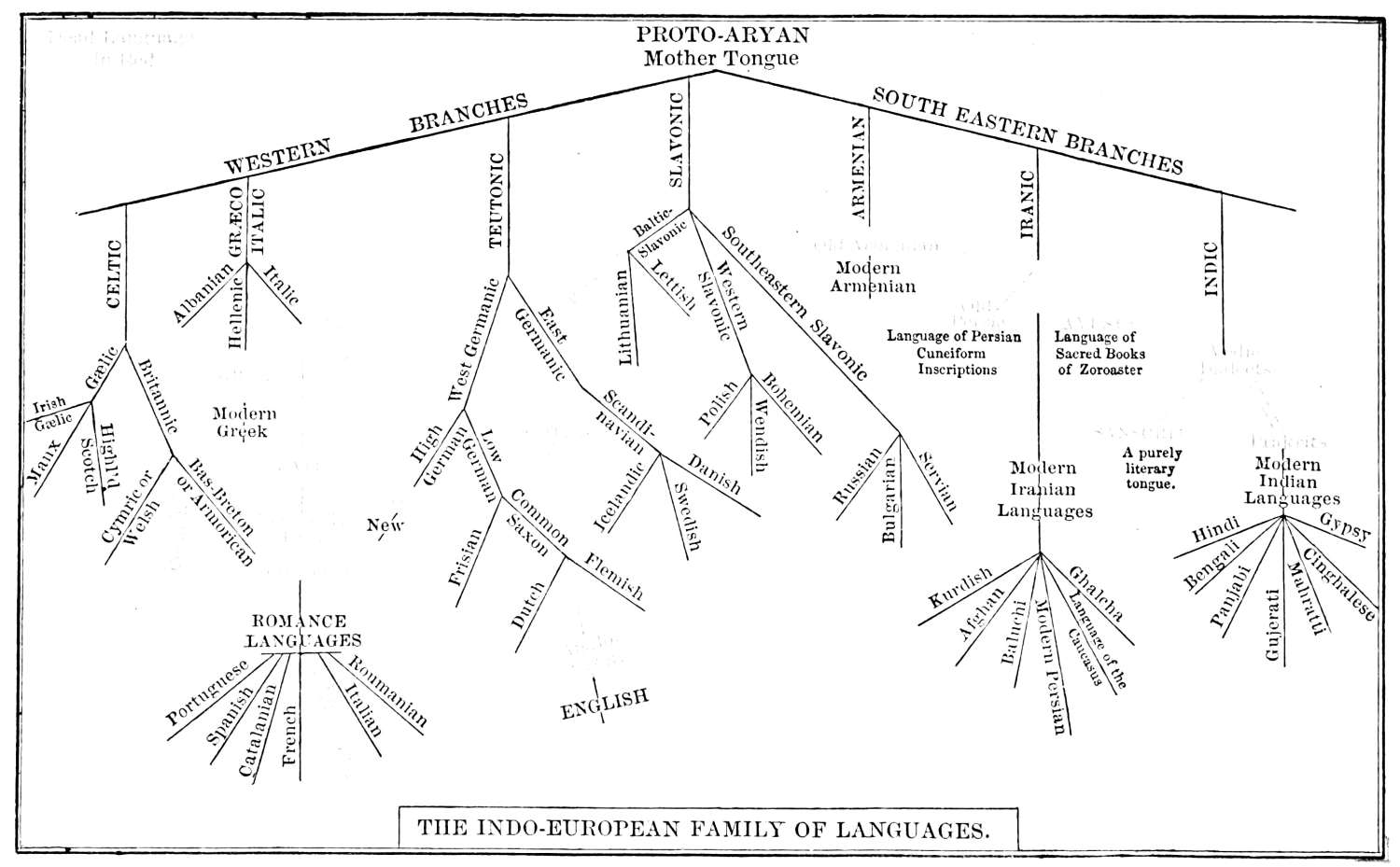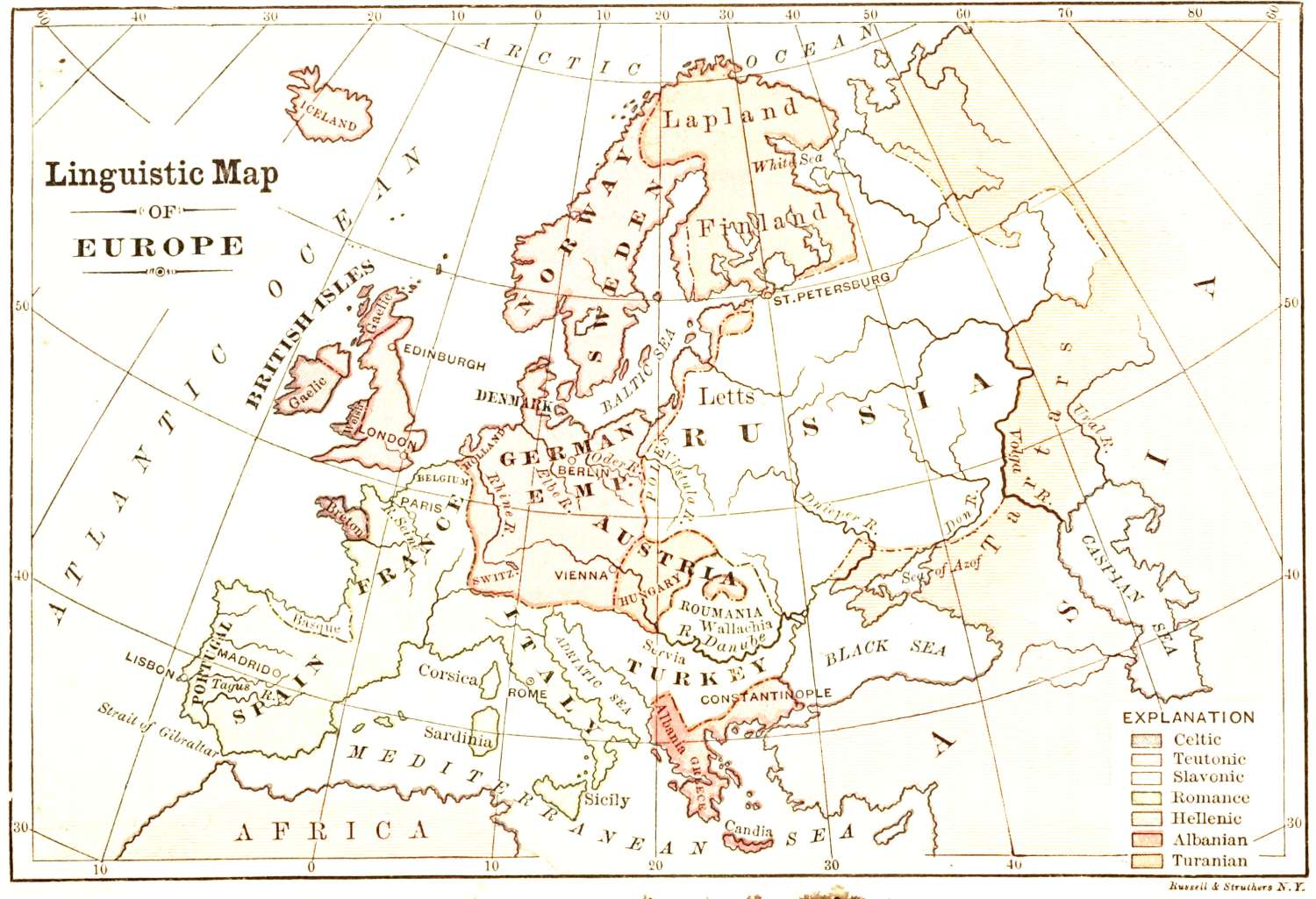Transcriber’s Notes
Obvious typographical errors have been silently corrected.Variations in hyphenation have been standardised but all other spellingand punctuation remains unchanged.
There are several variations between the Table of Contents and theheadings within the text. These remain.
The cover was prepared by the transcriber and is placed in the publicdomain.


ILLUSTRATED HISTORY
OF
ANCIENT LITERATURE
ORIENTAL AND CLASSICAL
BY
JOHN D. QUACKENBOS, A.M., M.D.
ADJUNCT PROFESSOR OF THE ENGLISH LANGUAGE AND
LITERATURE, COLUMBIA COLLEGE
ACCOMPANIED WITH
ENGRAVINGS AND COLORED MAPS
NEW EDITION
REVISED AND CORRECTED
NEW YORK
HARPER & BROTHERS, PUBLISHERS
1890
Entered according to Act of Congress, in the year 1878, by
JOHN D. QUACKENBOS,
In the Office of the Librarian of Congress, at Washington.
Copyright, 1889, by John D. Quackenbos.
[Pg v]
PREFACE.
The History of Literature, as a separate branch of the history of civilization,is of comparatively recent origin; the first work on the subject in anylanguage dating no further back than the sixteenth century, and being littlemore than a crude catalogue of authors and their books. Yet who can denythe great importance of such history? When studied in connection withillustrative extracts from the masterpieces of which it treats, it furnishes akey to the intellectual development of our race, introduces us to the greatminds that stand as beacon lights in successive ages, and with their wisdomwidens the scope of knowledge, while it refines the taste and disciplines thejudgment. Lord Bacon said but the truth, when he remarked that the historyof the world without the history of letters would be as incomplete as astatue of Polyphemus deprived of his single eye.
Nor is this study without results of a direct practical bearing. Certainlyall must appreciate the importance of understanding current allusions tothe writers and literary works of other ages and countries, and must admitthat some acquaintance at least with such writers and works is essential toa well-grounded knowledge of one’s own language and a correct estimateof its literature. But when is such an acquaintance to be obtained, if notduring a school or college course? The engrossing duties of after-life leavelittle time for the pursuit of liberal studies. And how is such an acquaintanceto be obtained? All are not linguists, and the greater part must getit second-hand—must avail themselves of the labors of others who havedelved in these unfamiliar fields.
It is t